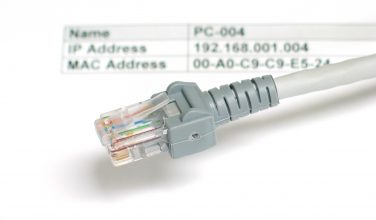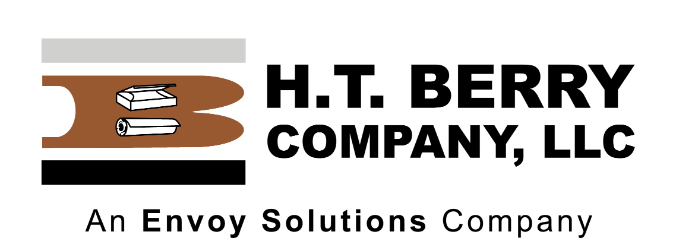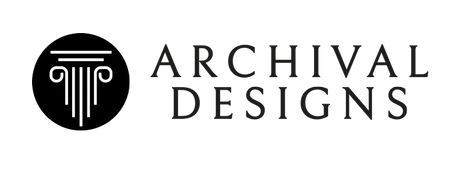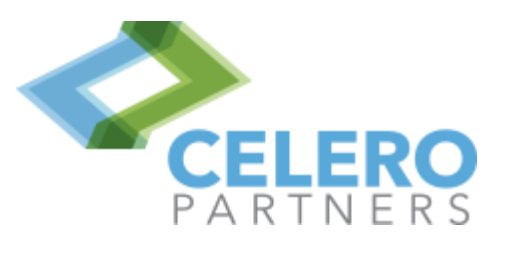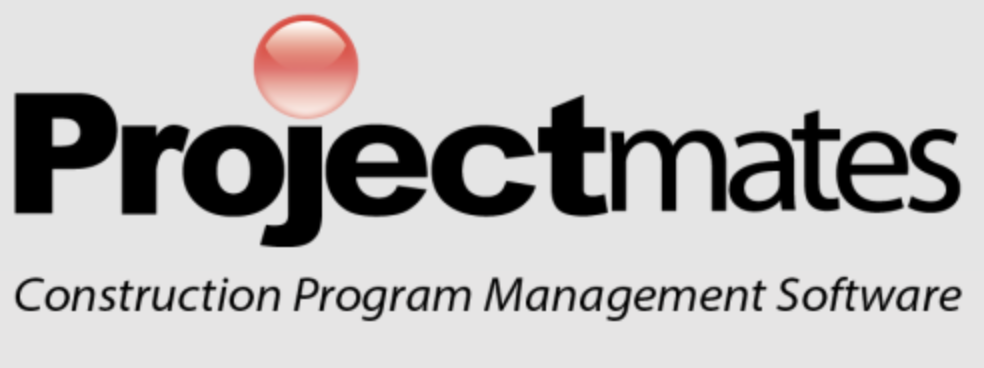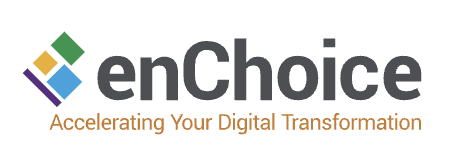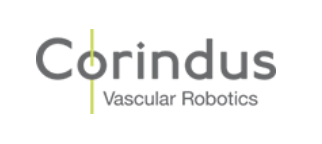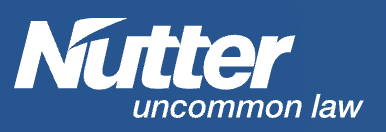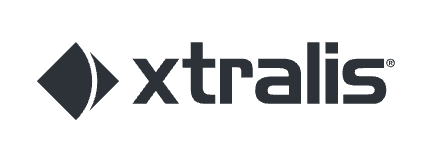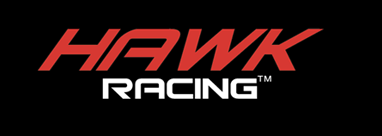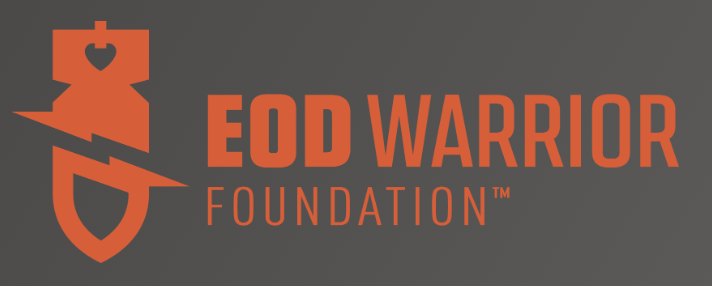Definition of a Content Management System (CMS)
A content management system (CMS) is a computer software that is used to manage documents and websites. They enable inter-office control of content and act as a company archive.
Features of a content management system can include, but are not limited to, the following:
• Format management facilities that turn scanned paper documents into PDF and HTML documents
• Intuitive indexing, search, and retrieval features for easy access
• Revision features for edits and updates
• Publishing templates
• SEO-friendly URLs
• Group-based permission systems
• Integrated file managers
What is the benefit of a content management system? The advantages of using a content management system includes how easy it is to use. If you have people working with you who are not technically minded, the functions in this system make it easier. A content management system allows everyone in your business to use it. This makes it easy to manage each person’s role. This can also help with scheduling and deadlines. With a content management system, everyone knows who is doing what and when.
Design changes and website maintenance are a much easier and quicker job thanks to a content management system. When you need to make a change on your website, you won’t have to go through numerous pages making them. The design boxes are separate from content boxes, so while making changes, you site will remain functional. Many content management systems have built-in themes or you can purchase theme through other sources.
Content management websites are search engine optimization (SEO) friendly. You can get plugins that directly support SEO on your website.
One disadvantage of content management systems is their dependance on plugins. For all the functionality that these systems can provide, many require plugins and widgets. Many, but not all, of these plugins can be expensive. The trade-off for how they benefit your business may be well-worth it.
CMS plugins available include:
• shopping carts (allowing purchases to be made)
• newsletters (keeping users up-to-date)
• polls (getting the opinion of users)
• chat rooms (allowing users to interact with each other and you)
• banner advertising
• forums
Another disadvantage of a content management system is the slow loading speed of the website. Everyone is busy these days and slow loading websites are not appealing for most. If you have loyal customers and visitors, this may not stop them from visiting your website or blog as they know the quality of your work is worth it.
When is it a good idea to switch to a content management system website? A CMS makes sense when your business and website are growing. For example, if your website has only a few dozen pages, it’s probably not necessary. If your website will have hundreds or more pages, and you have many people working on it, then it’s a good idea to move to a content management system.
The advantages of a content management system far outweigh any drawbacks and can help to keep your business organized.
Content Management System (CMS) Definition Sources:
Categorized in: Digital Marketing Glossary
LIKE AND SHARE THIS ARTICLE:



